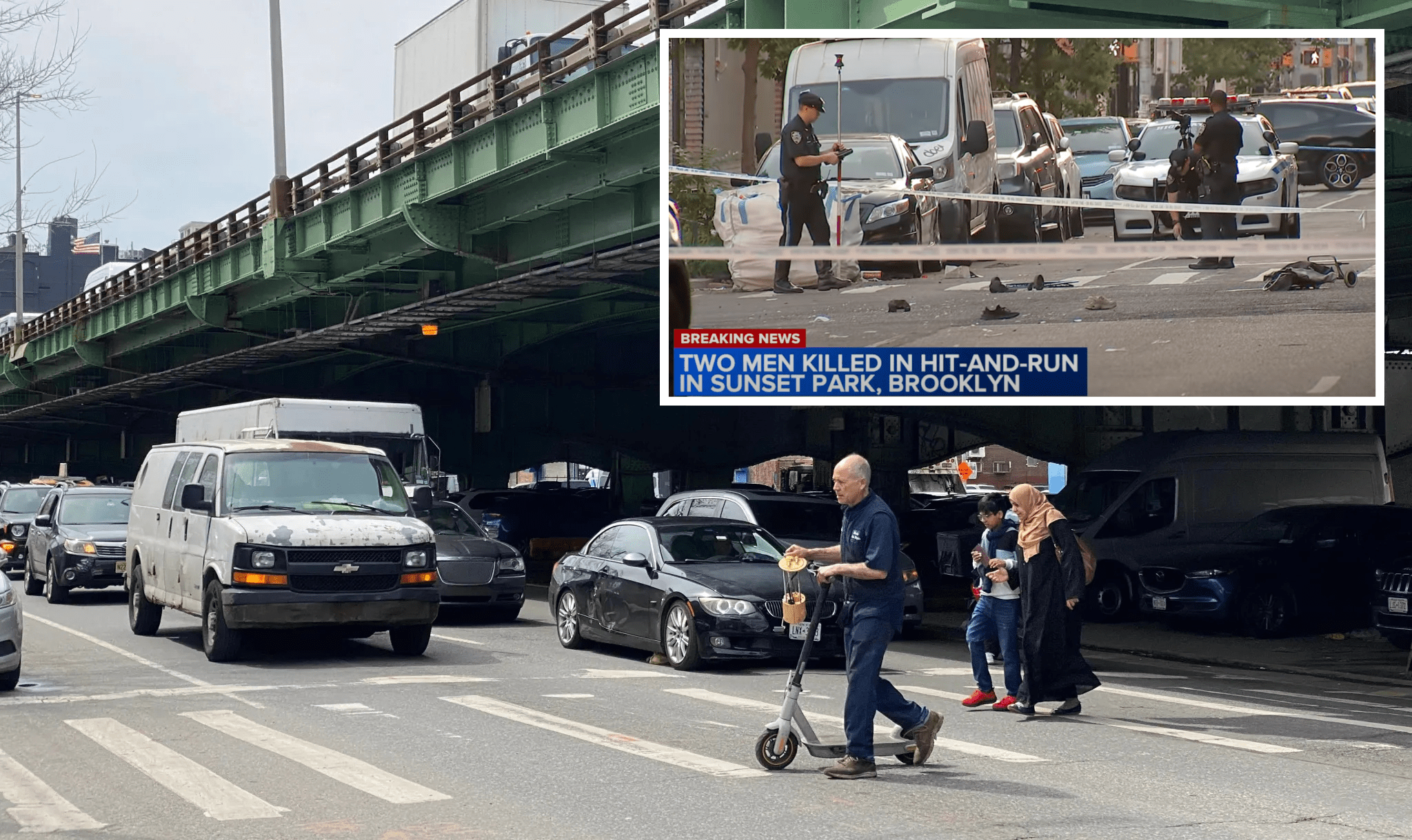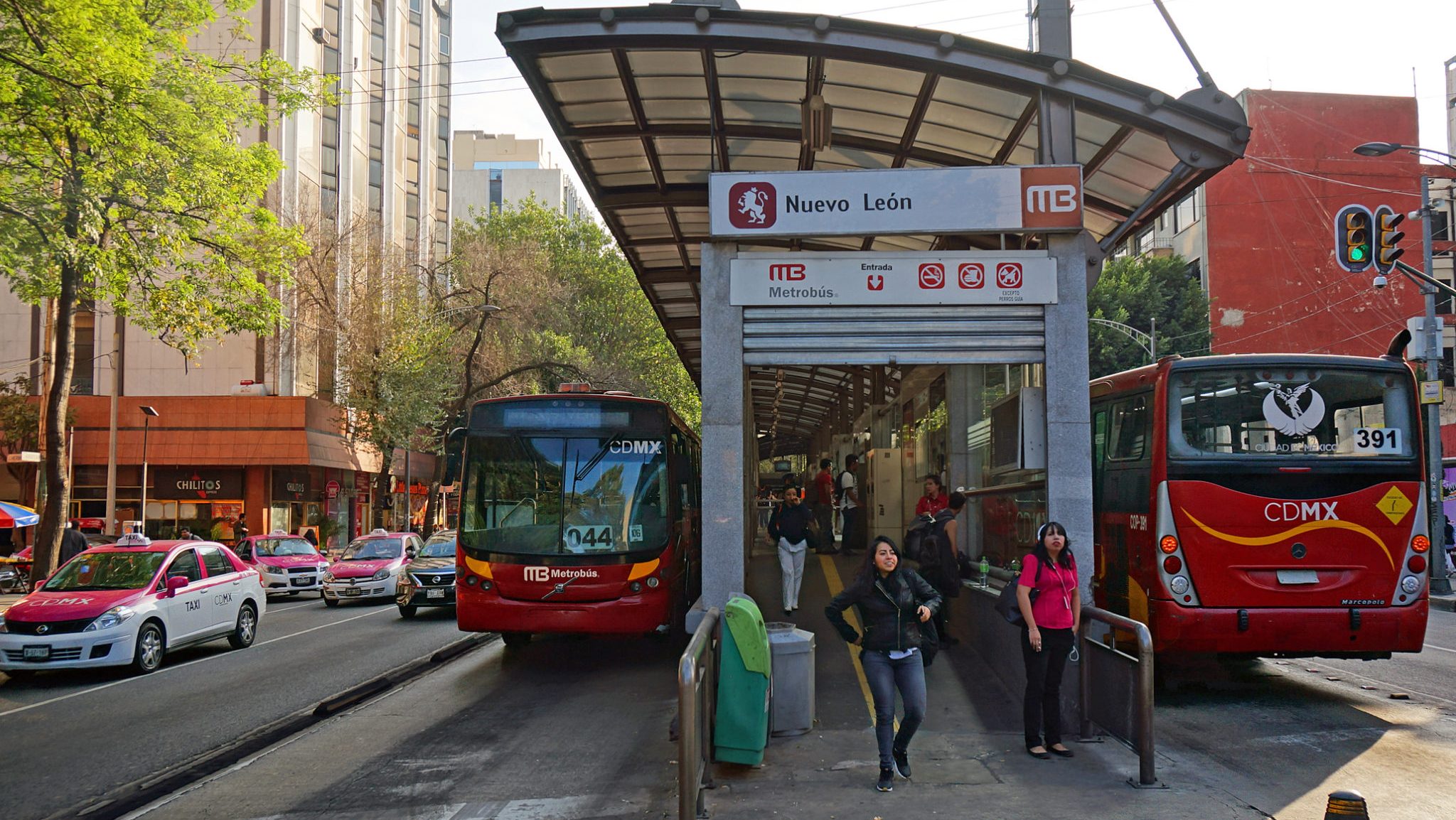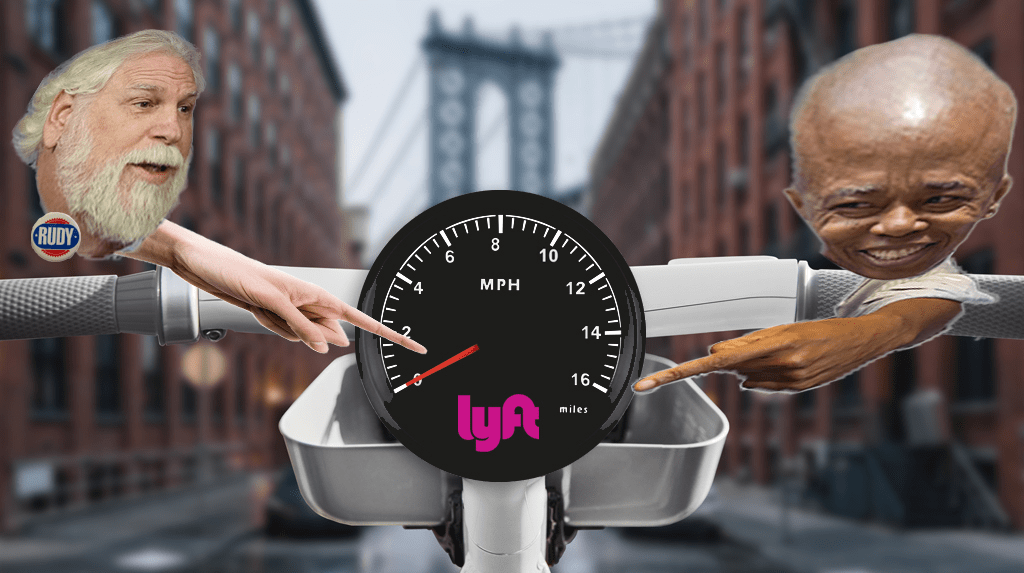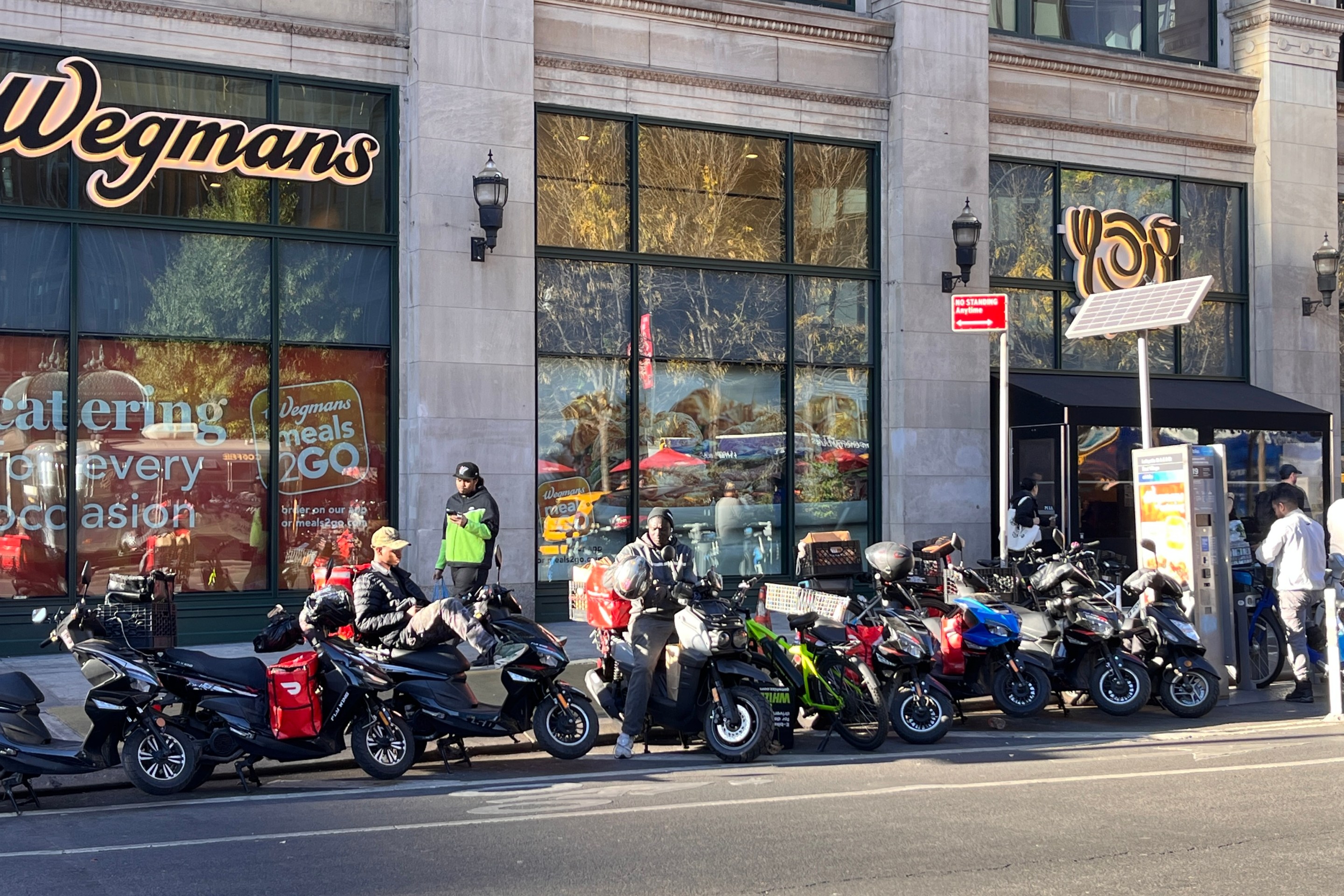Excited young federal law clerks are probably a hazard of the job for seasoned court reporters, but for the local transportation press, a couple of them ooh'ing and ahh'ing because you tell them you're waiting on a line to get into "the congestion pricing case" has some novelty.
And why shouldn't this case have a little novelty to the law kids? After all, it's been a long road to this week's trial.
New York passed this country's historic first congestion pricing law in 2019. The MTA sat through an historic amount of federal interference disguised as dithering under President Trump, then worked with the federal government on the first congestion pricing environmental assessment in American history under President Biden.
Finally this week — in a nondescript courtroom with a single water-stained ceiling tile on the fourth floor of a combination United States Post Office/United States District Court, the first lawsuit against congestion pricing in American history is finally being heard.
How did Wednesday's historic trial day unfold? Mostly as Streetsblog predicted — essentially a live recitation and interrogation of each side's motion for summary judgment.
The day-long hearing in front of Judge Leo Gordon was a back-and-forth affair where Randy Mastro argued on behalf of the state of New Jersey and its case: The Federal Highway Administration, Mastro contended, worked backwards from a pre-determined position to declare that congestion pricing wouldn't have dramatic environmental impacts on New Jersey.
On the other side, lawyers for the MTA and Federal Highway Administration, Mark Chertok and Elizabeth Knauer for the former and Greg Cumming for the feds took pains to prove their decision-making was rational and in accordance with good old fashioned U.S. administrative state decision making processes.
How did that unfold? Attorneys for the federal government and the New York transit agency went on the offensive — forcing Mastro and New Jersey to make the case that their suit was, legally-speaking, "ripe." That meant arguing that the congestion pricing process isn't even really finished. The FHWA still needs to do its final review of the final toll rates the MTA recently adopted, the lawyers said.
But despite forcing Mastro to defend the timing of the suit, the FHWA and MTA's attorneys otherwise let the longtime pro-car litigator press the offense and take the wild swings.
Speaking in a room with no cameras or jury, Mastro nonetheless managed to make enough comments from his desk that Judge Gordon had to warn him he was one more outburst away from "having a conversation" that would lead to a contempt charge. Even Streetsblog's reputationally uncouth reporter didn't manage that — though court officers quietly reminded him multiple times to remove his Knicks hat.
And while Mastro mostly stuck to the legal questions he raised in the suit, he couldn't seem to help make the whole thing about money.
Early in his arguments, Mastro talked so much about the $15 billion that congestion pricing is supposed to raise for the 2020-2024 capital plan that Gordon eventually asked him if New Jersey's ulterior motive was to win a piece of the pie.
"If some portion of this money was going to New Jersey Transit, would you be making an argument here?" Gordon asked. Mastro first replied in the negative. He quickly course-corrected to say that the state of New Jersey would still be in court pressing the idea that the toll is still unfair to Garden State environmental justice communities.
Still, Mastro couldn't help grousing about money at least a little bit more. At one point, he chided the MTA's "voracious appetite for picking the pocket of its neighbors." He claimed MTA CEO Janno Lieber, who attended part of the hearing, was "back there grinning like the Cheshire Cat over getting $15 billion."
Let the record show that Lieber, who attended part of the hearing, was not grinning at the time of the statement nor at any other point during his appearance at the hearing.
Gordon seemed unsurprised by the dramatics, but he also was not overly deferential to lawyers for the MTA and FHWA. (At one point Gordon said, "I have 72-year-old eyes, as described in one article," so since he reads his own press, Streetsblog hopes the judge will note that, to our inexperienced legal minds at least, he seemed impartial). The judge repeatedly asked attorneys for both sides to "help me out here" and give him exact case law or federal regulations he would be able to point to in ruling for one side or the other.
Environmental mitigations at center of debate
But while Mastro and New Jersey have the heavier lift making the case that the FHWA upended its normal decision making process to get congestion pricing over the line, lawyers for the federal government and MTA struggled to explain the particulars of the much-discussed mitigation efforts the MTA agreed to fund in areas where air pollution is predicted to increase.
Those mitigation efforts include specific place-based mitigations in specific places — namely money to do things like replace diesel-spewing transport refrigeration units in Hunts Point in the Bronx and fund an asthma case-management program, also in the Bronx.
The biggest chunk of that money though, goes to less-specific efforts like building out air filtration in high schools near highways, improving roadside vegetation and investing in parks in environmental justice communities. The exact locations of those improvements are supposed to be determined by the MTA's traffic analysis of its just-recently set final toll rate.
But the lack of specificity around where those actual improvement will go was a tripwire for Cumming and the FHWA. When Gordon asked Cumming why the MTA has already set aside funds for specific projects in the Bronx but left the rest of the pot to be determined, the federal lawyer paused long enough for the judge to chime in that "differentiated treatment rises to the level of arbitrariness."
That conclusion would potentially give Gordon no legal recourse but to punt the entire process back into federal review Hell.
Knauer eventually stepped in to clean up the question. She informed Gordon that when the FHWA and MTA spoke to the environmental justice groups who made up the project's Environmental Justice Technical Advisory Group, New York City-based organizations had specific projects they wanted to see funded. New Jersey environmental groups in those discussions did not.
Mastro still made plenty of hay of the decision making for the mitigation efforts. Since the MTA's review concluded the money "could" be spent in New York or New Jersey, it was a false promise to the people of New Jersey, he claimed. The Garden State attorney and former deputy mayor under the formerly respected Mayor Rudy Giuliani thundered that when he was at City Hall any commitment of his never had the word "could" attached to it in place of specific monetary value.
New Jersey seemed to have the most momentum from the mitigation discussion, but the MTA and FHWA otherwise had fast answers for Mastro's time addressing the court.
The final, exhausting piece of Wednesday's day-long arguments focused on the process by which the FHWA winnowed down which New Jersey communities were deemed environmental justice areas. Mastro gesticulated heavily to make his case, but drew a calm, concise rebuttal from the defense: The MTA's mitigations are focused on areas near highways where poor planning decisions in the past were screwing over those residents in the present.
Wednesday was, incredibly, the first day of arguments for the first lawsuit over the nation's first congestion pricing program. Thursday will be day two, which will be followed by leaders on both sides of the Hudson River holding their breath as they wait for America's first summary judgment declaration on a congestion pricing environmental study. More lawsuits are on the table, tolls are scheduled to start in June, and the feds still have to give the MTA their final approval.
How long can you hold you breath?






